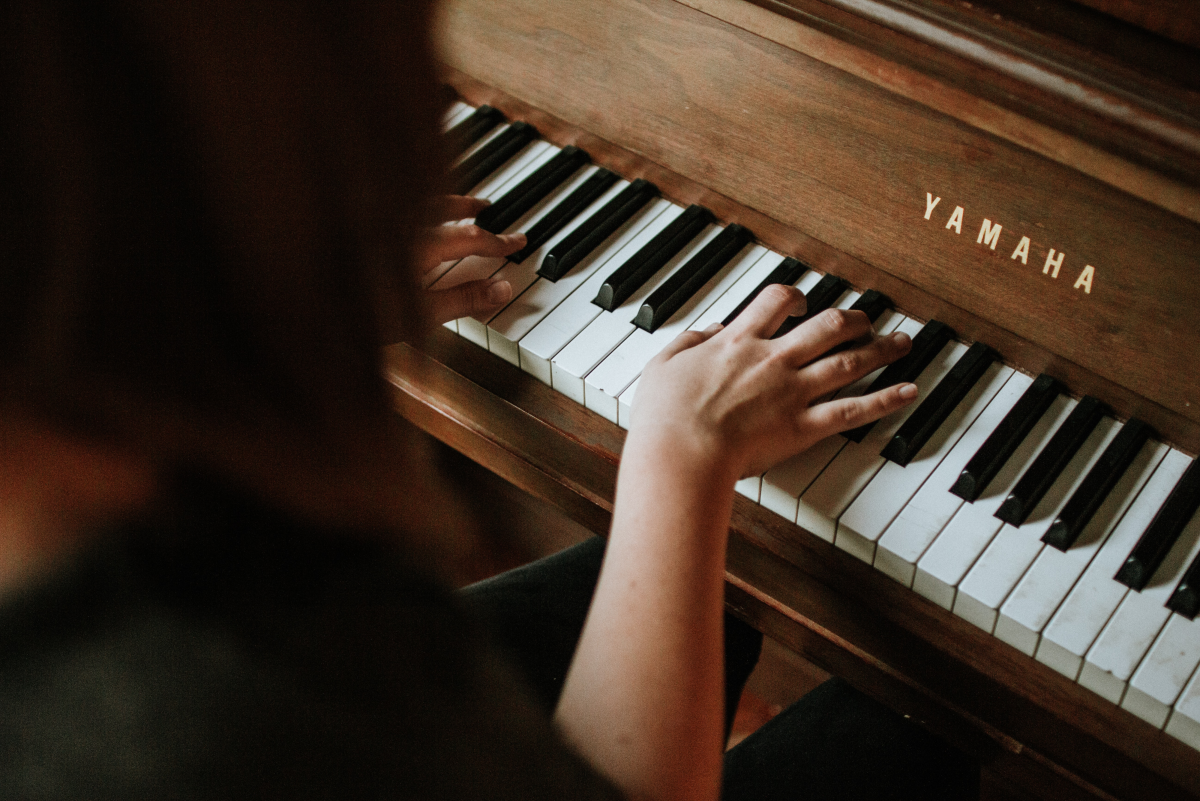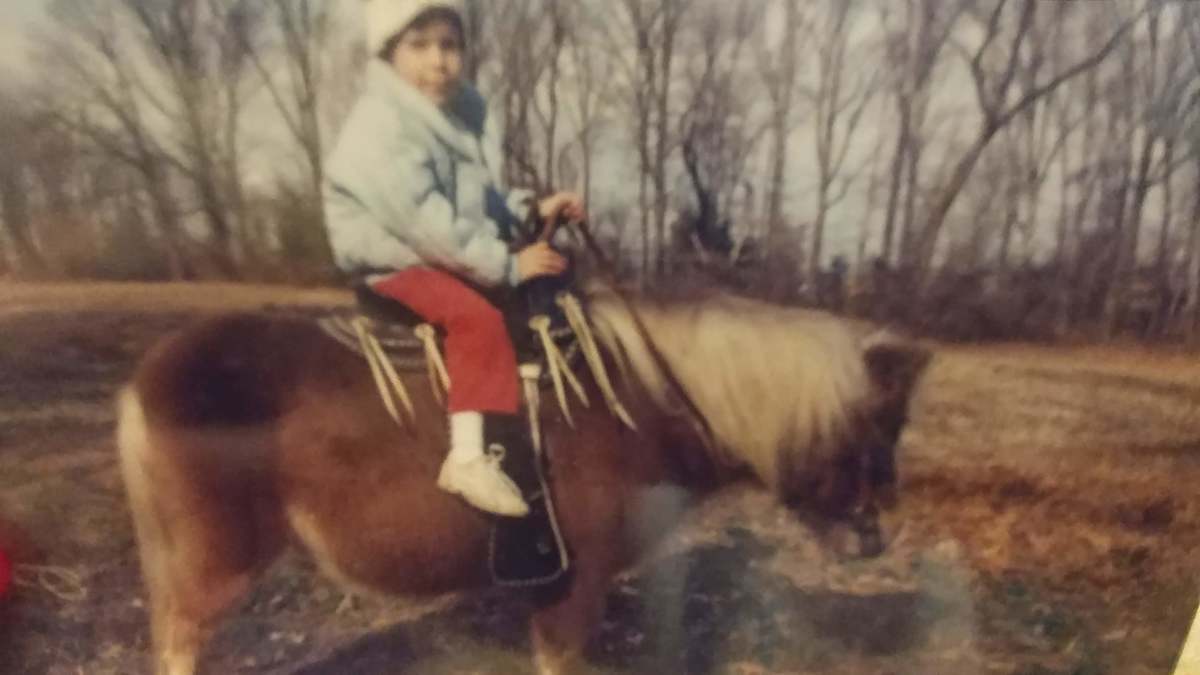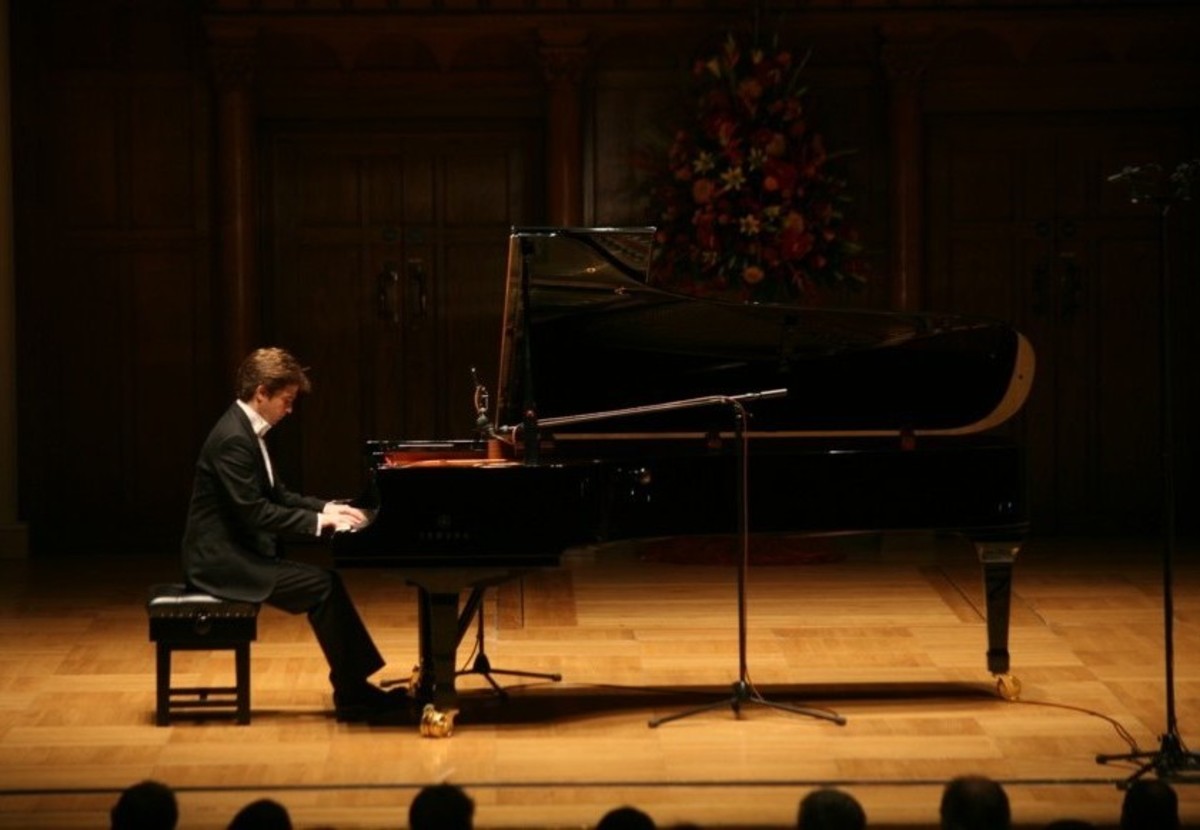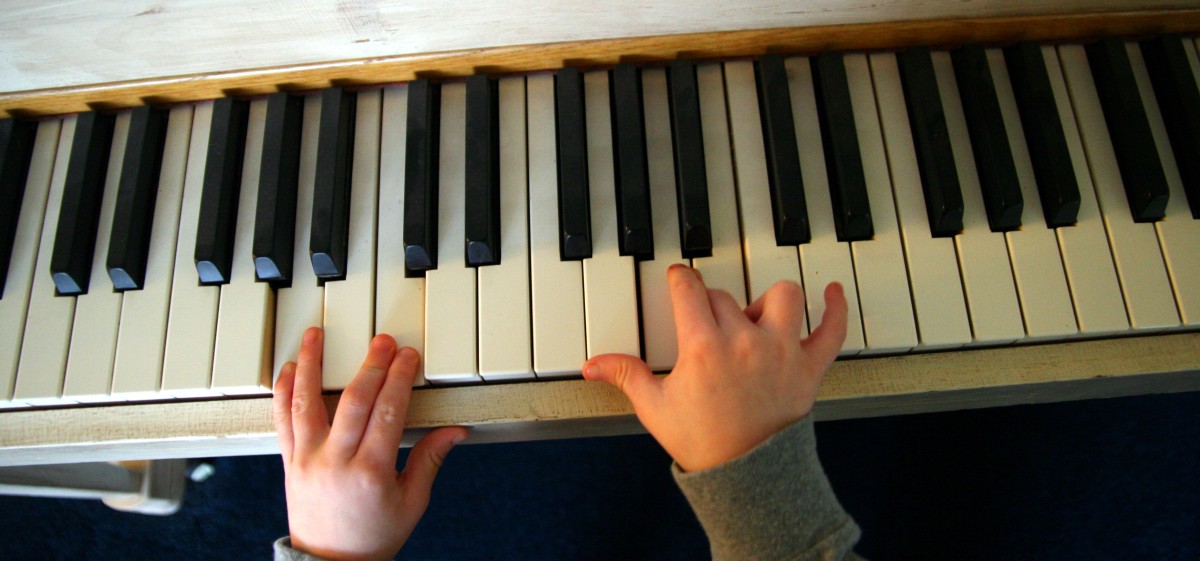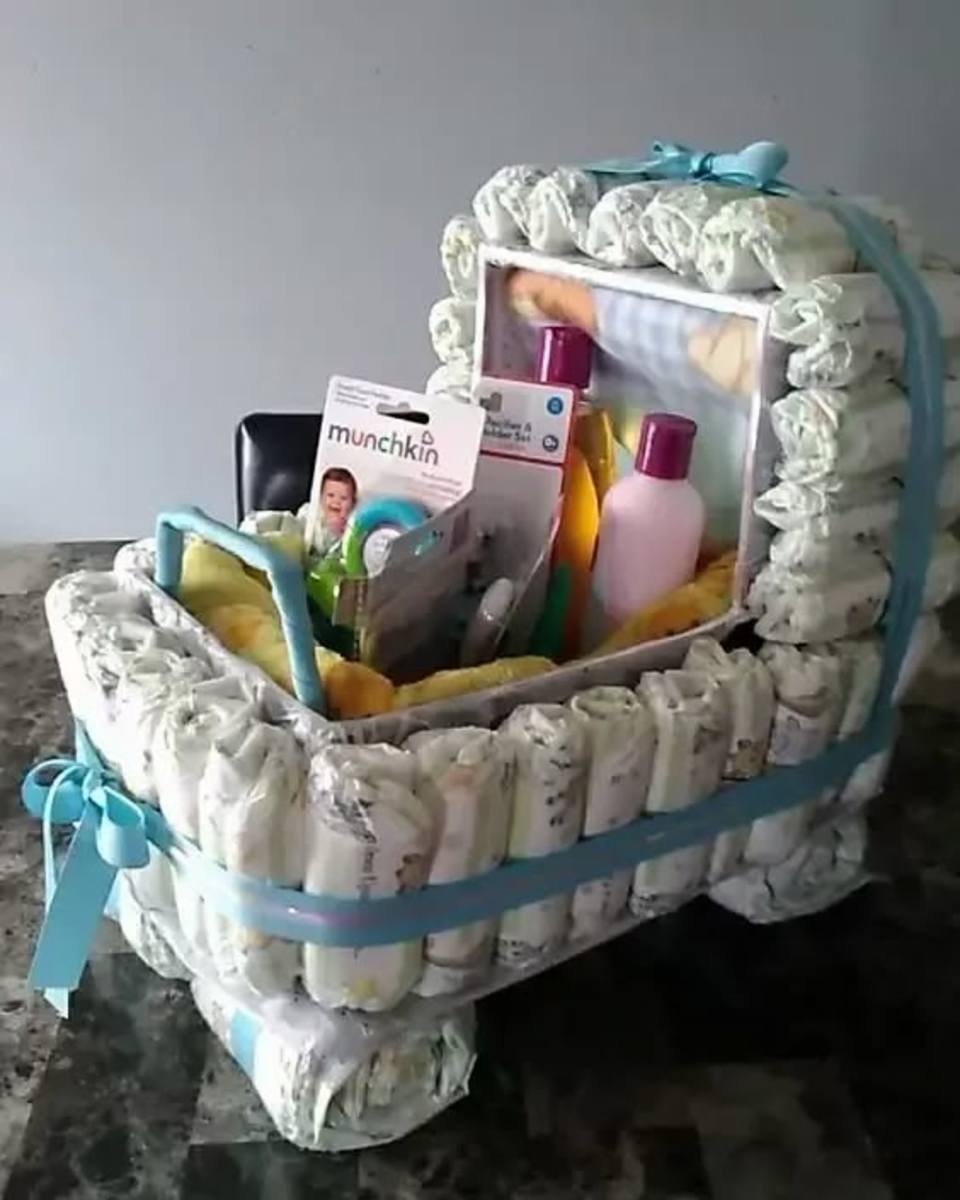Fun Practice Tips For The Young Pianist

Keep Piano Practice Time Fun and Creative
Teaching piano is dear to my heart. It's been my career for over 50 years. I've also trained hundreds of teachers using my own method which is basically to teach with love.
The #1 reason children quit taking piano lessons is because there comes a point in their lessons when it isn't fun anymore. The assignments given are difficult to practice and when this happens the child takes it personal.
Thoughts become negative during practice time. "This is too hard and I can't do it." "I'm just stupid and can't learn." "I'm not good at the piano and I don't like it." "I don't want to play the piano anymore and I want to stop taking lessons."
We, as teachers must not do anything to encourage this type of thinking. With each lesson and introduction of new material we should be creative enough to find a fun way for the student to relate to.
The young pianist must leave the lesson with confidence in himself and eager to return to his teacher ready to show his progress through his practicing.
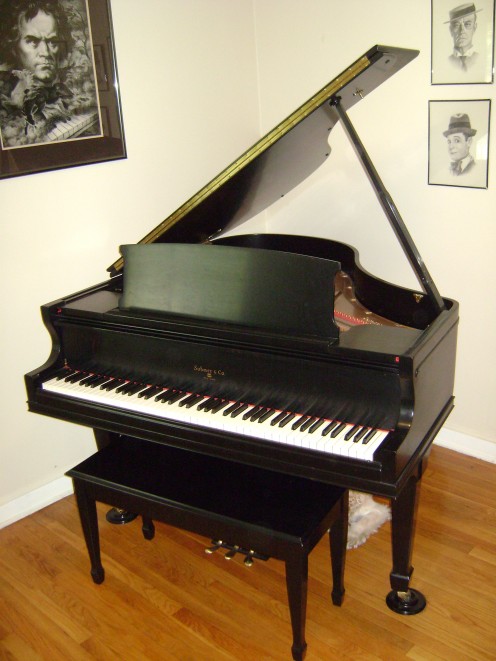
The Parents Role In The Childs Piano Lessons
When you, the parent, enroll your child in piano lessons; you are also enrolling yourself as a big part of the instruction curriculum. The very young pianist must have the interest, encouragement and time of the parent. This is crucial to progress.
You help your child with their homework, school functions and even sports. Why would you not become just as active in your child's piano practice time? If you're not interested in their piano lessons, and especially the practice sessions, why should they be interested?
You won't believe your eyes!
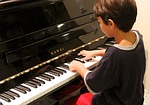
Tips For Supervising Children's Practice Time
When I'm asked for the reason I've had so much success with my very young piano students my answer is that I put myself in their place and think as they think. That includes the ability to present adult musical techniques as they would interest a child - not an adult.
There is no "one size fits all." The tips below are personalized to fit the needs of the child as every child is different:
- Never be harsh during practice time. Use patience and gentleness. If you feel stressed or angry excuse yourself, walk out of the room and calm yourself down before returning to your child.
- Help the child learn the names of the piano keys by placing m&ms on various keys. When the correct key is called out, the m&m can be eaten. Nuts or other treats may be substituted.
- Give praise for any part of progress. Something positive can always be found, even if it's only the way a child touches the keys, or sits with good posture.
- Allow the child several choices for scheduling practice time. Avoid making your young pianist give up a favorite television show or playtime. You don't want them to associate practice with punishment.
- Think of different ways to ask your child to play the same song repeatedly. Example: Play it like you're sad ( encourages slow practice ) play it like you're running (encourages speed ) make it sound like its raining (staccato ) etc.
- For scale practice - Suggest a rock style, thunder, an old person playing, etc. Also, you play every other note of the scale and they fill in the missing note.
- Encourage the child to play different measures and mix then all up.
- Use flash cards and have contests. These can be found on line. They can be used in so many fun ways.
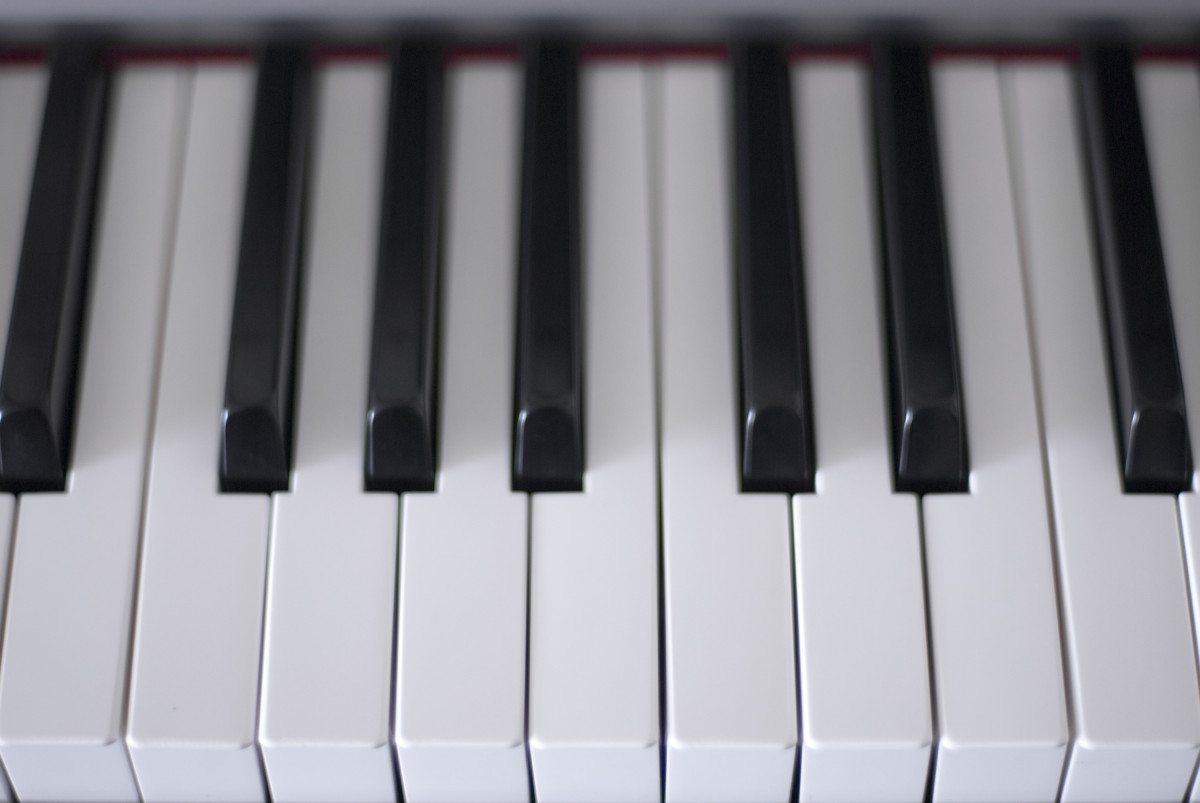
Final Thoughts
Your child's beginning piano lessons are an introduction to music that will influence him his entire life. It must be positive and it must be a joy. The first few lessons are usually fun because it's something different for the child.
The objective is to keep the interest of the child going so they will stick with it. It must be positive and it must be fun. I began lessons at the ripe old age of 5 and my parents had to drag me away from the piano. I love practicing to this day. It's my favorite thing in all the world.
Learning the piano opens up a whole new world to children. It brings an appreciation for all music and elevates a spiritual awakening.
The child becomes the music itself and grows up with a gift that can be shared with all.
© 2013 Audrey Hunt

